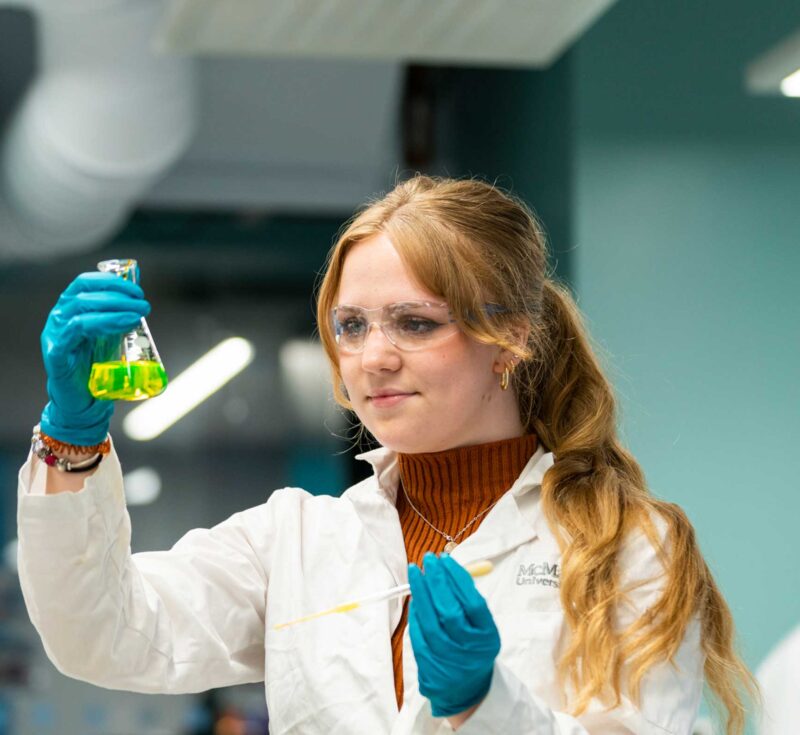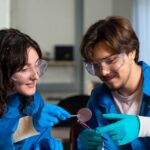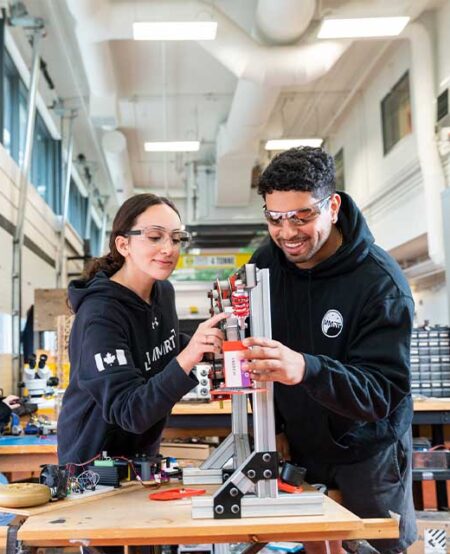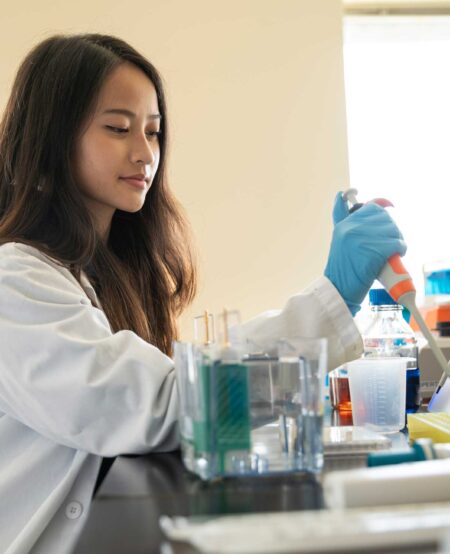- Length
- 5 years
- Degree
- Bachelor of Engineering & Biomedical Engineering (Co-op Available)
- Program
- Integrated Biomedical Engineering & Health Sciences (iBioMed)
- Options
Program highlights
Electrical and Biomedical Engineering is a fast-growing field that involves the application of Electrical Engineering and technology to the solution of problems in medicine and biology. It bridges the historical separation between the biological/medical sciences and the engineering and physical sciences, thereby spanning interdisciplinary boundaries.
Useful Links

Admission requirements


Careersand research
Example career paths:
- Power and renewable energy
- Electrified transportation
- Biomedical electronics
- Telecommunications
- Robotics and automation
- Aerospace and defence
- Consulting and services
Research areas:
- Biomedical technologies
- Communications
- Electrified transportation
- Electromagnetics and photonics
- Integrated systems
- Microelectronics
- Optimization and control
- Power electronics
- Signal processing
Need moreinformation?
How to apply
Understand every step, from applying, to accepting your offer and joining us on campus!
Department of Electrical and Computer Engineering
We’re electrifying the world of engineering.


